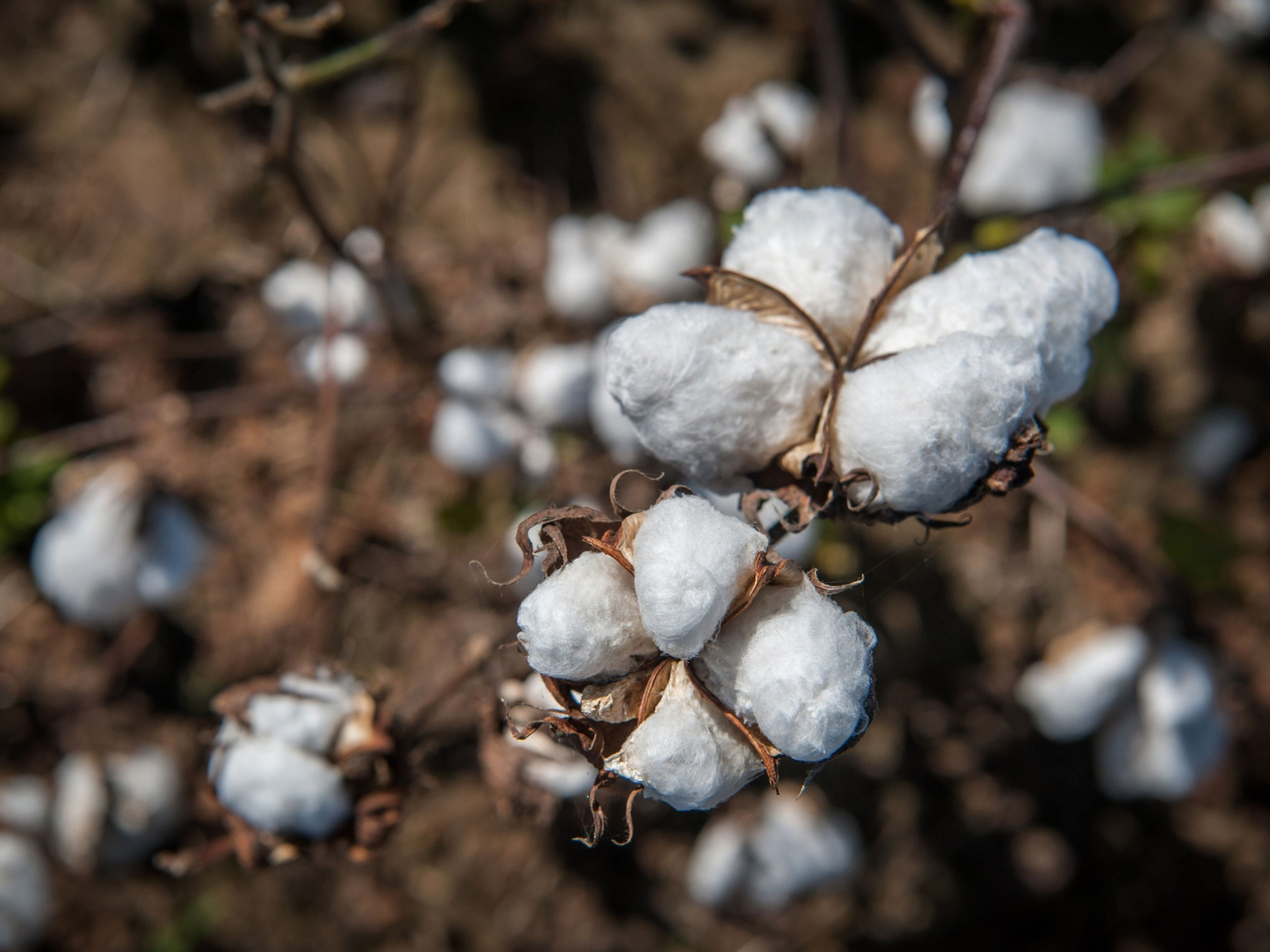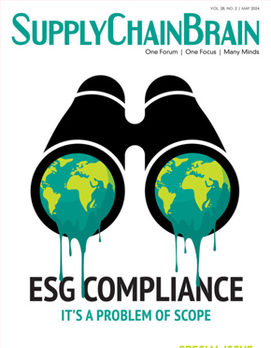
The authenticity and traceability of products is now taking place at the molecular level. Do we finally have a technology that’s 100% secure?
Manufacturers, distributors and retailers are forever on the lookout for methods to ensure product integrity, quality and sustainability throughout the supply chain. Taking that quest to a new level with textiles and apparel is Applied DNA Sciences, Inc., creator of a molecular tag that’s affixed at various stages of a product’s lifecycle. Its CertainT platform allows for storage of information specific to a brand or manufacturer, including date, time, location, product, batch and lot. It can be applied to a wide variety of materials, including cotton, polypropylene, polyethylene, recycled PET (a form of polyester), leather, wool, down, thread and viscose.
The company constructs a molecular barcode out of the four bases that make up DNA: adenine, cytosine, thymine and guanine. The codes are randomly generated and no two are the same, says MeiLin Wan, vice president of textile sales with Applied DNA Sciences. The tags can be read by equipment that’s already in regular use for forensic testing by law enforcement and others.
Founded in 2005, Applied DNA Sciences began life as a maker of security applications for police forces and government agencies. Over the last decade, it has moved into supply-chain tracking and traceability, in addition to the prevention of counterfeiting.
Molecular technology has only been viable for widescale commercial use for the last six or seven years, Wan says. Its first adaptations in that sector were for cotton and polyester, with subsequent expansions into leather, inks and wool. The cotton industry initially embraced the technology as a means of ensuring against the use of child labor for harvesting.
Two elements must be verified, Wan says: the precise field from which the cotton was sourced, and the continued presence of the fiber all the way to incorporation into a final product. Previously, Wan says, manufacturers couldn’t confirm the provenance of cotton as it moved from field to retail floor.
For cotton, the molecular tags are now in regular use in high-end bedding and textiles, by manufacturers such as Wamsutta, and retailers such as Bed Bath & Beyond and Costco, the latter of which tags its Kirkland signature line of pima cotton sheets.
Beyond sheets and apparel, the tags can be used in numerous industrial applications, including automotive manufacturing, which needs to ensure the authenticity of the polyester that goes into interiors and brake pads. Over the last decade, Wan says, manufacturers and brands have become increasingly sensitive to the need to prove their commitment to sustainability and reduction of carbon use. Molecular tagging can verify the presence of recycled materials, she adds.
The molecular tags are cheaper than radio-frequency identification, she claims — a penny or less per unit, versus 3 to 6 cents for RFID. In addition, there’s no need to create a separate certification or paper trail, and the tags can’t be removed from the product.
The tags are “passive,” meaning that they reveal their information only when physically read by a user. Wan says DNA could potentially be coupled with other technologies to create active tags that regularly issue updates and alerts. In the meantime, Applied DNA Sciences is focusing on developing portable equipment that allows for easy testing in the field or while product is in transit. Leather, for example, is coated in polyurethane, so that the surface can be swabbed and test results made available with 30 minutes or less. Data from the portable unit can then be uploaded to the cloud and incorporated into the manufacturer’s database.
Wan claims the tags are tamper proof, with the DNA essentially indestructible for the life of the product itself. During the pilot stage of development, the company tagged inks used in banknotes, then applied heavy solvents to the printing. “The only thing not removed was the DNA,” she says. “We can verify it even years after money was stolen. You only need one molecule to pinpoint the exact time and place where it happened.”
Other possible uses of the tagging technology including the medical device and pharmaceutical industries, where counterfeiting is a serious concern. Even vaccines could be tagged to ensure their authenticity.
Molecular tagging “gives you data you can believe in,” Wan says. “Inanimate things aren’t born with identity — we’re giving them identity.”




.jpg?height=100&t=1715228265&width=150)


